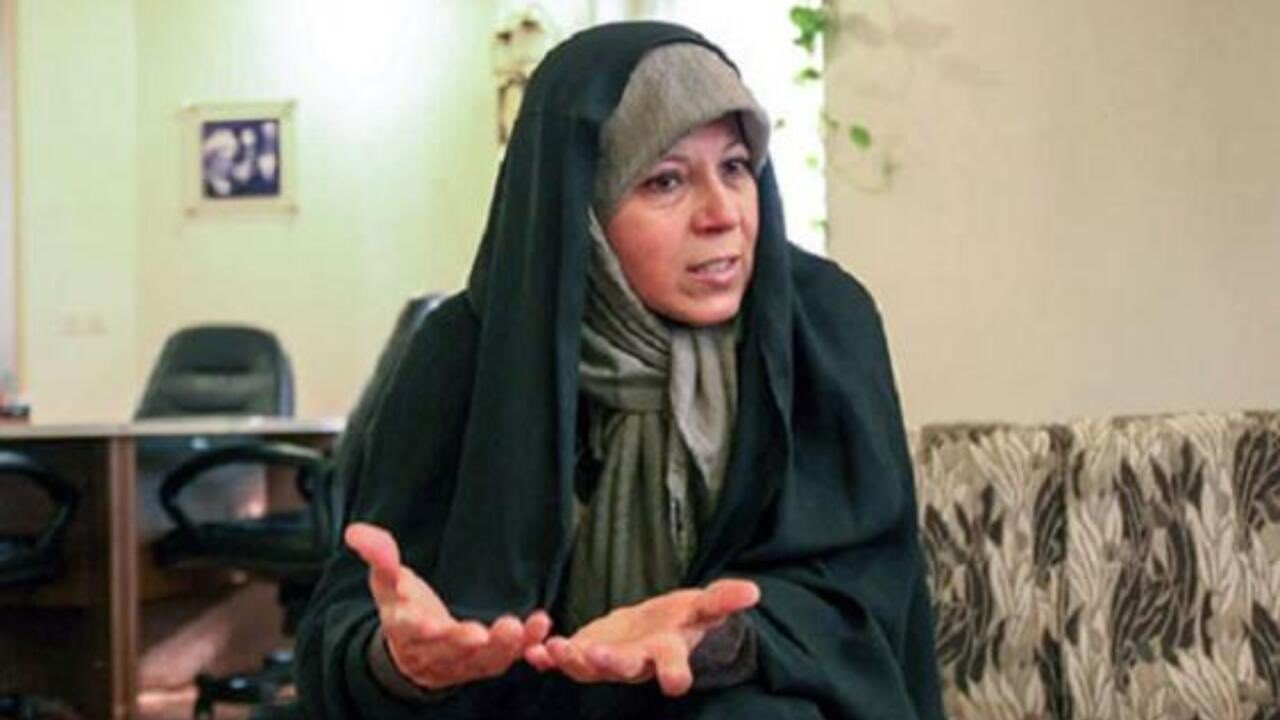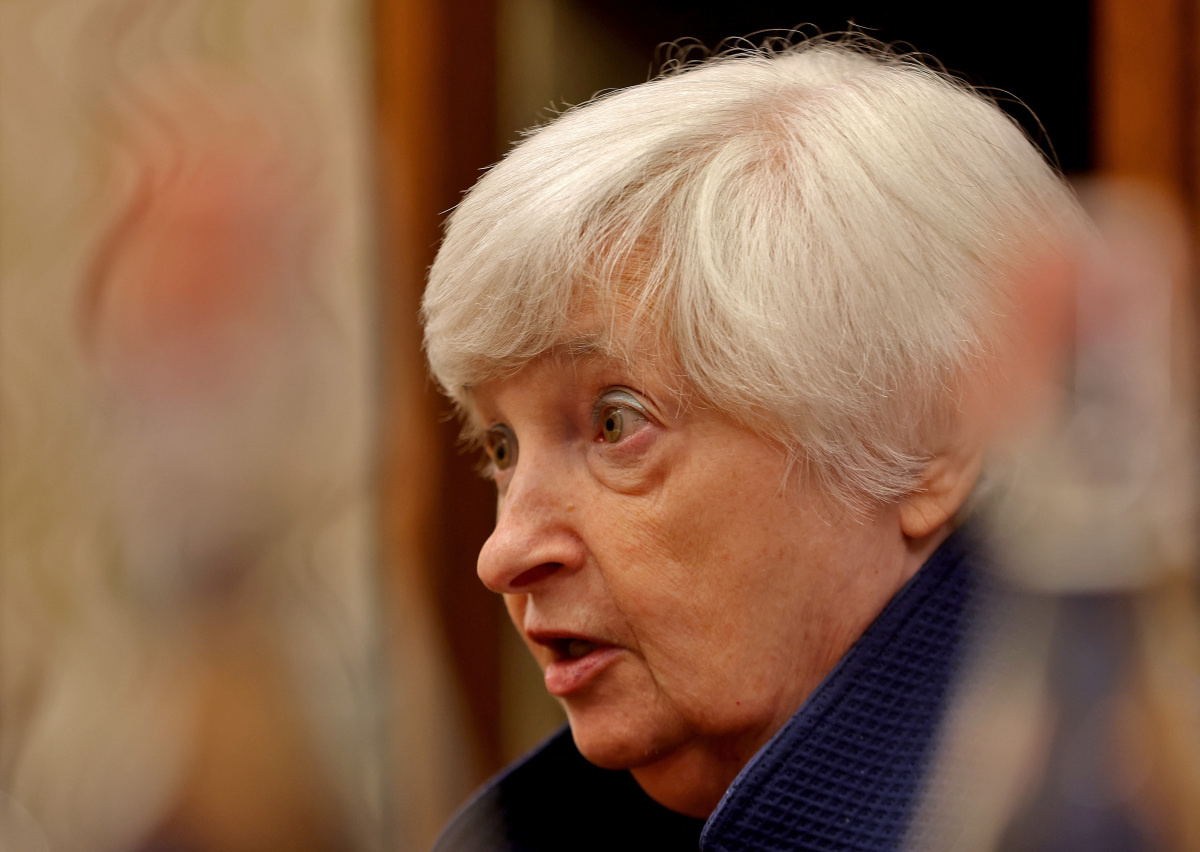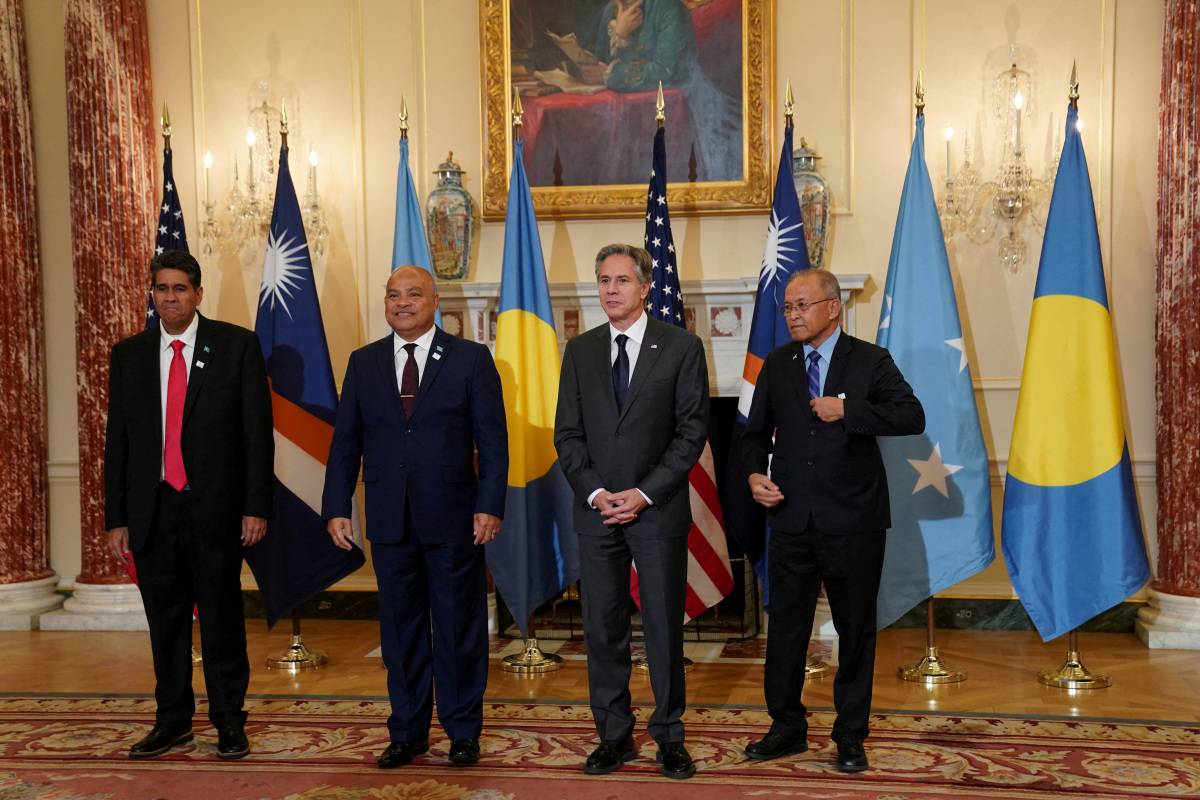Faezeh Hashemi, the daughter of former Iranian President Akbar Hashemi Rafsanjani, has been sentenced to five years in prison after she was found guilty of spreading propaganda against the system.
She faces further charges for her activism and comments slamming Iranian authorities for their brutal crackdown on protests sparked by the death of Mahsa Amini. Neda Shams, Hashemi’s lawyer, tweeted that the verdict is not final. “My client is still in prison and there are other charges against her.”
Shams said her client, a former lawmaker and women’s rights activist, was charged with collusion against national security, propaganda against the Islamic Republic and disturbing public order by participating in illegal gatherings.
Hashemi had been arrested in September 27 for inciting riots in Tehran and encouraging residents to demonstrate amid nationwide protests. She was sentenced to jail in 2012 and banned from political activities for anti-state propaganda dating back to the 2009 disputed presidential election.
Women’s Right Advocate
Hashemi, 60, is a former lawmaker and women’s right advocate. Her father was one of the founders of the clerical establishment. Akbar Hashemi Rafsanjani was a revolutionary who fought the Shah’s regime and its Western-leaning social and economic policies. He pushed for liberalization and privatization programs when he became the president after the end of the Iran-Iraq war.
Faezeh Hashemi is a former member of parliament and a bitter critique of the clerical establishment. Her criticisms of the Islamic Republic are brave and far-reaching. She has been applauded for her brazen and direct critique of Iran’s Supreme Leader Ayatollah Ali Khamenei whom she told to resign in 2020. Hashemi had made it clear that she no longer believed in an “Islamic” republic or any religious government. She said the Islamic Republic’s failures have hurt the image of Islam among the Iranian people.
Riots and Sedition
Prior to her arrest, Hashemi had said that authorities were referring to the protests over Amini’s death while in police custody for an alleged violation of Iran’s hijab as “riots” and “sedition” in order to suppress them. She believes the demands raised in the protests for more freedoms and rights are different from recent demonstrations that have focused on the deteriorating economy, which has been crushed by crippling western sanctions.
The prevailing protests in Iran is being described as the biggest threat to the Islamic government since the 1979 revolution.







